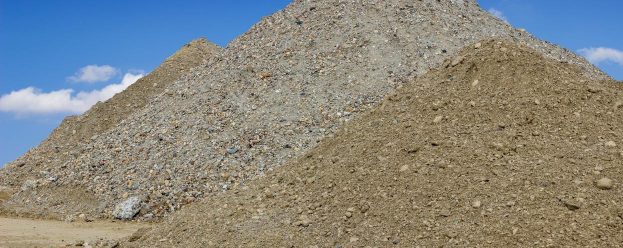15th Jul 2010

On July 15, the Michigan Supreme Court discarded an 80-year-old test that granted special rights to owners of property containing extractable resources, such as sand and gravel, to challenge local zoning ordinances.
The test, known as the “no very serious consequences” rule, allowed property owners to show that a zoning ordinance is unreasonable if extracting the natural resources would not cause very serious consequences, contrary to the usual rule that zoning ordinances are valid if reasonable. In Kyser v. Kasson Twp., the Supreme Court rejected the test, which now puts all property owners on an equal footing when challenging zoning ordinances.

Plaintiff Kyser owns a parcel containing sand and gravel that is outside but adjacent to the township’s gravel mining district. The trial court found that rezoning her parcel within the gravel district would cause no very serious consequences to traffic safety, traffic noise, property values, residential development and additional rezoning applications.The Supreme Court determined that zoning, as a local legislative function, plans and controls a community’s future development. Zoning ordinances are presumed to be reasonable. Discussing the history of the “no very serious consequences” rule, the Court found that the rule contradicted the constitutional requirement that challengers prove that a zoning ordinance be unreasonable in order to be invalid. The Court held that extracting natural resources from land is not a preferred use to other types of use and there is no presumption that the public interest is served by allowing extraction of sand and gravel.
Finally, the Court found that the legislature is constitutionally required to protect and manage Michigan’s natural resources and that the legislature has enabled local governments to regulate extraction of natural resources.
The effect of Kyser is to strengthen the powers of local government in zoning decisions. The implication is that sand and gravel and other extractive businesses will have much more difficulty in rezoning property for extractive uses. They will have to focus on the reasonableness of a zoning ordinance as a whole, rather than only the impact of the use of their parcels.
Written by Jeff Haynes
T: 248-645-9400
Related Articles


